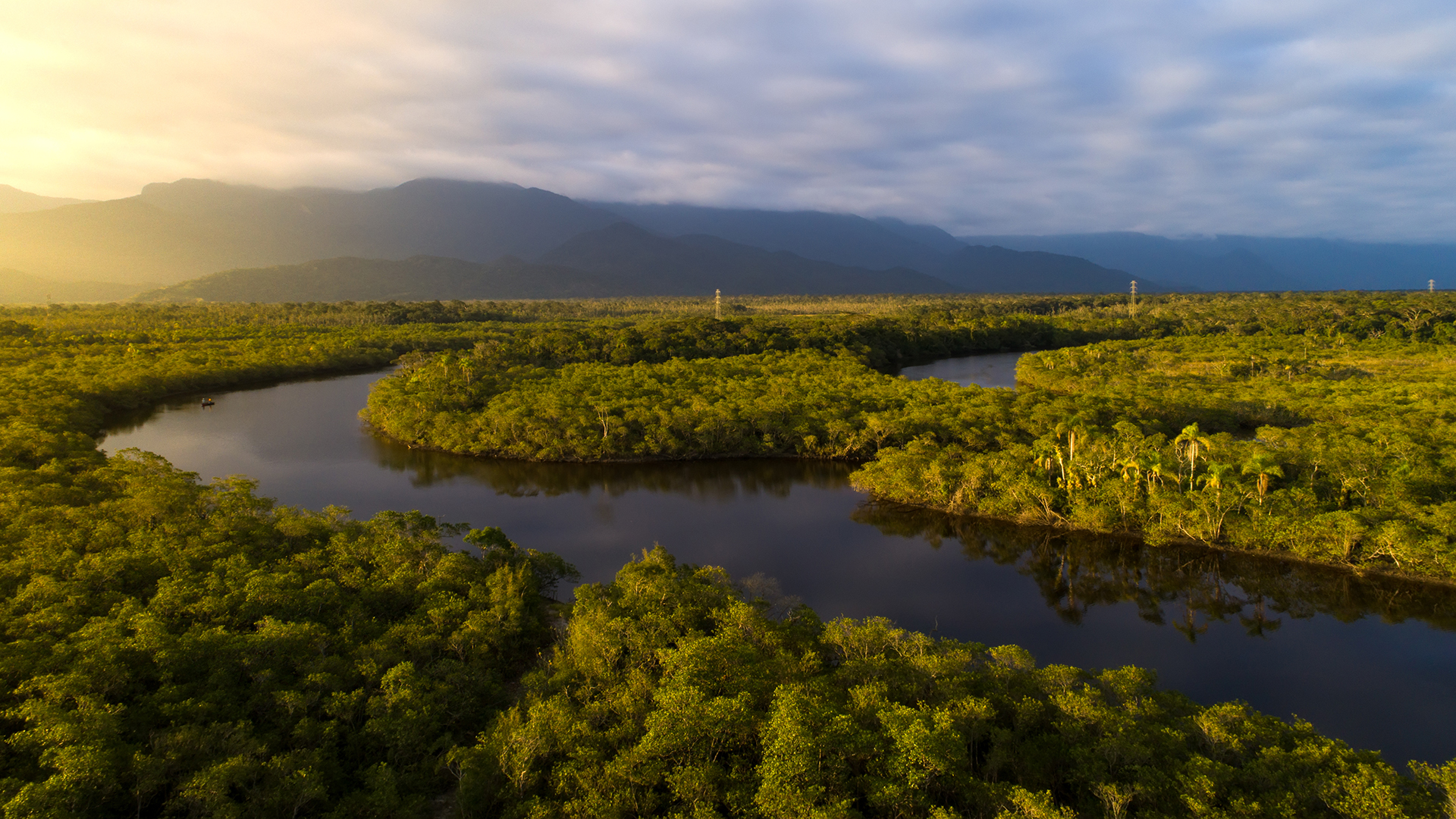COVID-19 has reached a Brazilian indigenous tribe
The 20-year-old is a medical worker from the Kokoma tribe

Brazilian health officials identified the first known case of coronavirus in an indigenous person, a 20-year-old woman from the Kokoma tribe. She lives in the São José village in northwestern Brazil in the Santo Antônio do Içá district, near the Colombian border.
The woman, who has not been identified by name, is an indigenous health agent. She worked with a medical doctor named Matheus Feitosa, who last week tested positive for COVID-19, and she is one of 27 people — 12 patients and 15 health workers — who were in contact with the doctor and are being monitored for symptoms, Mongabay reported.
In a social media post shared by the woman on March 31, she described her symptoms as "a dry cough" and loss of her sense of taste and smell; the symptoms appeared three days after she had contact with Feitosa, according to Mongabay.
Related: Coronavirus in the US: Latest COVID-19 news and case counts
The 12 patients who had contact with Feitosa are indigenous people in the Ticuna tribe; their village is also located in the Santo Antônio do Içá district, according to the independent news site Amazônia Real, which reports on issues faced by indigenous people in the Brazilian Amazon.
Feitosa visited the village on March 19 to perform consultations, and the people who interacted with him are now in isolation and are being monitored by officials with the Special Indigenous Health District (Dsei) of Alto Solimões, according to Amazônia Real.
Doctors in Brazil are concerned that the novel coronavirus could prove especially deadly in indigenous communities, where respiratory infections can spread quickly among immunologically vulnerable populations.
Sign up for the Live Science daily newsletter now
Get the world’s most fascinating discoveries delivered straight to your inbox.
"We know that indigenous children have high levels of anemia and malnutrition," Dr. Andrey Moreira Cardoso, a researcher with the Working Group for Indigenous Health in the Brazilian Association of Collective Health (ABRASCO), told the Socioenvironmental Institute, a Brazilian nonprofit.
"Their lungs may also be in a poor condition because they may have been affected by fires [in the forest] and they may have had repeated respiratory infections," Cardoso added.
Brazil has 7,910 confirmed cases of COVID-19 and 299 deaths across the country, the Ministry of Health reported yesterday (April 2). The Kokoma woman is currently in isolation, as are seven of her relatives, according to Mongabay.
- Coronavirus outbreak: Live updates
- The 9 deadliest viruses on Earth
- 27 devastating infectious diseases
Originally published on Live Science.
OFFER: Save at least 53% with our latest magazine deal!
With impressive cutaway illustrations that show how things function, and mindblowing photography of the world’s most inspiring spectacles, How It Works represents the pinnacle of engaging, factual fun for a mainstream audience keen to keep up with the latest tech and the most impressive phenomena on the planet and beyond. Written and presented in a style that makes even the most complex subjects interesting and easy to understand, How It Works is enjoyed by readers of all ages.

Mindy Weisberger is an editor at Scholastic and a former Live Science channel editor and senior writer. She has reported on general science, covering climate change, paleontology, biology and space. Mindy studied film at Columbia University; prior to Live Science she produced, wrote and directed media for the American Museum of Natural History in New York City. Her videos about dinosaurs, astrophysics, biodiversity and evolution appear in museums and science centers worldwide, earning awards such as the CINE Golden Eagle and the Communicator Award of Excellence. Her writing has also appeared in Scientific American, The Washington Post and How It Works Magazine. Her book "Rise of the Zombie Bugs: The Surprising Science of Parasitic Mind Control" will be published in spring 2025 by Johns Hopkins University Press.











